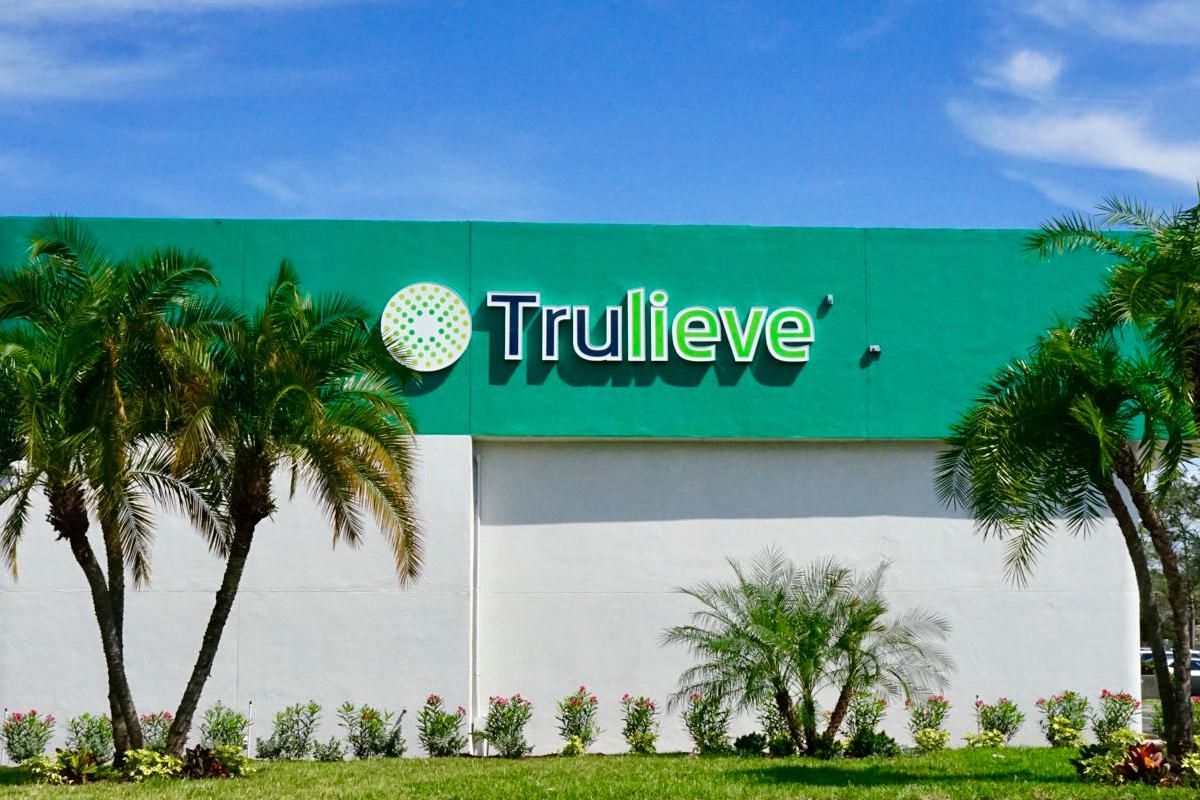Mexico prepares to become the most populous nation in the world to legalize adult-use marijuana, vape company Pax cuts 25% of its workforce, governors of Northeast states consider working together to legalize recreational MJ – and more of the week’s top cannabis business news.
Mexico prepares to legalize recreational cannabis
Mexico’s Senate is ready to receive a bill that fully legalizes cannabis – including recreational. Once approved, as expected, the new law would make Mexico the most populous nation with a federally regulated adult-use cannabis market.
MJBizDaily takeaway: The bill would impose serious restrictions on businesses: It would ban vertical integration, limit foreign ownership and make licenses nontransferable.
The draft law also would establish a long list of prohibitions, including a ban on recreational edibles and the use of cannabis in cosmetics.
The law will likely be amended in some fashion before it’s approved. That’s because it must clear both houses of the Mexican Congress.
Looking ahead, it could be years before any cannabis sales are registered. The bill would require an independent agency be created by Jan. 1, 2021 to oversee the cannabis program. The agency would have to draw up regulations before any licenses could be granted.
Pax cuts workforce
Pax Labs, a San Francisco marijuana vaporizer company and one of the leaders in the market, laid off 25% of its workforce after sales fell short of projections.
MJBizDaily takeaway: The layoffs, amounting to 65 jobs lost, signify that the cannabis industry is reaching another stage of maturity, one of restructuring and downsizing.
Other cannabis-related companies that have announced similar layoffs have blamed the slow rollout of key recreational markets such as California and Massachusetts as well as a shortage of outside capital.
Meanwhile, Pax denied there was any link between the job cuts and the vaping health crisis.
A Pax spokeswoman wrote in an email to Marijuana Business Daily that the company believes the cause of the illnesses is from products sold on the illicit market, not by legal marijuana businesses.
Northeast rec MJ legalization prospects brighten
Democratic governors from five Northeast states, including New York, New Jersey and Pennsylvania, agreed to coordinate recreational marijuana legalization efforts.
The goal is to develop uniform standards for licensing, taxation, minority and small-business participation, product potency and other issues.
MJBizDaily takeaway: The plan, subject to support from state legislatures, could lead to the region legalizing rec MJ by 2020. That would generate countless business opportunities in the most-densely populated area of the country.
The intention is to create licensing opportunities for minority-owned and small businesses as well as larger operators, and an equitable tax structure across the region that could help quash the illicit market.
Harborside gets a break on its tax bill
One of the nation’s oldest dispensaries, Oakland, California-based Harborside, received a final tax bill this week from a 3-year-old court fight with the Internal Revenue Service over the legality of 280E.
The company must shell out $11 million in back taxes to the feds. But Harborside considers it a partial win: The company wasn’t penalized by the IRS or the U.S. Tax Court. If it had been, the bill could have totaled up to $36 million.
MJBizDaily takeaway: The decision is another stark reminder that state-legal marijuana companies must operate under the dual standard of 280E, which prohibits cannabis businesses from taking tax deductions allowed to mainstream firms.
Federal lobbying and court challenges are ongoing, but those efforts have yet to prove successful. Ironically, they may have strengthened the IRS’ position with regard to 280E.
A decision issued this week by the U.S. Tax Court in a 2012 tax case brought by a California MJ company again found that 280E is constitutional.
Nevada suspends grower’s license
Reno cultivator Helio’s license was suspended after a governor-appointed, multi-agency task force launched an anti-corruption investigation into the industry.
It’s unclear whether the two situations are linked.
To get to the bottom of allegations that some cannabis product test results have been manipulated, the task force has been making unannounced spot inspections of marijuana testing laboratories.
The task force was formed after a federal indictment over a failed attempt by a group with foreign ties to win a retail marijuana license in Nevada by donating money to the political campaigns of two state officials.
MJBizDaily takeaway: While the state has not made clear why Helio’s license was suspended, the task force is expected to continue investigating the industry, which could lead to further action against MJ businesses in the state.




